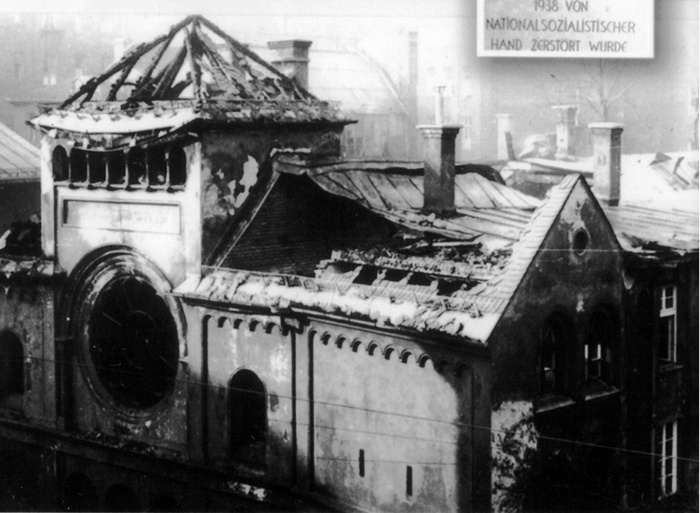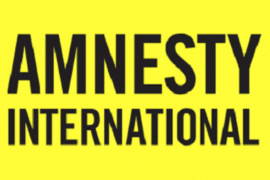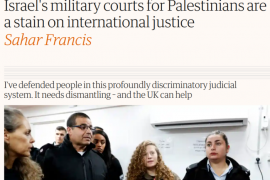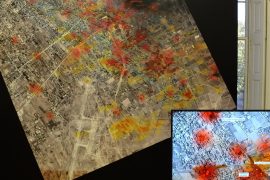A Guardian article by Bethan McKernan, about the violent rampage by dozens of extremist Israeli settlers on Sunday targeting Palestinians in Hawara, a West Bank town on the main road leading to Nablus, in revenge for a Palestinian attack which killed two Israelis, (‘Never like this before’: settler violence in the West Bank escalates) included the following strap line:
Retaliatory rampage in Palestinian village likened to ‘Kristallnacht in Huwara’ with one dead and 350 injured
The use of the word “Kristallacht” was culled from the opening paragraph:
Aqtash was somehow the only fatality during an unprecedented hours-long settler rampage in the vicinity of Huwara overnight: more than 350 Palestinians were injured, while dozens of homes and businesses and hundreds of cars were set alight, according to rights groups and Palestinian officials. In an article published on Monday morning, a prominent rightwing Israeli commentator, appalled by the reported inaction of the IDF, dubbed the events “Kristallnacht in Huwara”.
In an article in the Financial Times by their Jerusalem correspondent James Shotter (“Settler rampage inflames fears of greater violence in the West Bank”, Feb. 27) included the following:
The attacks drew criticism from opposition Israeli politicians and commentators, with one politician calling the violence a “pogrom”, and an Israeli commentator comparing it to Kristallnacht.
For clarity, the Israeli journalist referred to in the Guardian article (based on the link provided) is Yedioth Ahronoth journalist Nahum Barnea, whilst the Financial Times is likely referring to Yossi Melman from Haaretz:
Also, before proceeding, let’s be clear about one thing. The settler violence in question, which killed one and injured dozens, in which Palestinians were beaten and their homes and cars torched, was an act of terror, full stop. It was also, it should be noted, with some notable exceptions, widely condemned within Israel.
However, the decision by both journalists to cite, thus legitimising, the intellectually and morally unserious comparisons between what occurred in Huwara and Kristallnacht is extraordinarily irresponsible.
Kristallacht (the Night of Broken Glass) was a Nazi organised pogrom during which 91 Jews were murdered, more than 1,400 synagogues across Germany, Austria and and areas of the Sudetenland were torched, and Jewish-owned shops and businesses were plundered and destroyed. In addition, the Jews were forced to pay “compensation” for the damage that had been caused, and approximately 30,000 Jews were arrested and sent to concentration camps.
Scholars have framed Kristallnacht as a crucial turning point in German policy regarding the Jews, “marking the shift from antisemitic rhetoric and legislation to the violent, aggressive anti-Jewish measures that would culminate with the Holocaust”.
It can not be seriously be argued that the violent rioting by dozens of Israelis in Huwara in any way resembles the pre-planned Nazi assault on the Jewish community in November of 1938. Those evoking such comparisons – even if they are Israelis – do so out of cynicism, appalling ignorance or outright malice.
In addition to such Nazi comparisons being considered an example of antisemitism per the IHRA Working Definition, the decision by media outlets to normalise the libel that Jews are doing to the Palestinians what the Nazis did to the Jews represents a use of the Holocaust to ‘own the Jews’.
As the British writer Howard Jacobson argued about such narratives, “the Holocaust becomes an educational experience from which Jews were ethically obliged to graduate summa cum laude, Israel being the proof that they didn’t”. Thus, he added, “Jews [are] doubly damned: to the Holocaust itself and to the moral wasteland of having found no humanising redemption in its horrors”.





